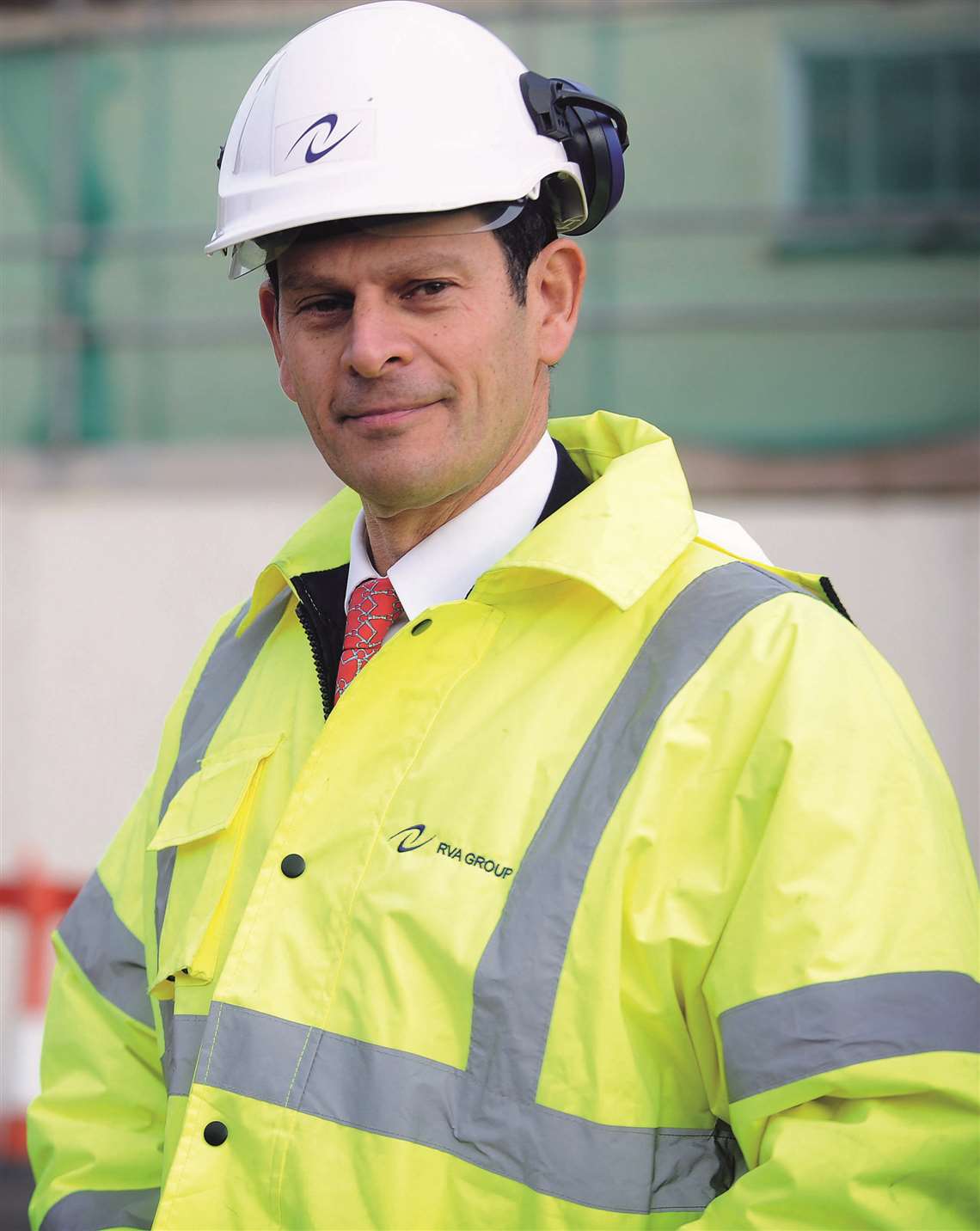What next for communications in post-Covid demolition?
06 May 2021
Whether we consider ourselves strong communicators or not, I think Covid has taught all of us a few things about how to talk smarter, build better dialogue, and share expertise.
 Richard Vann
Richard Vann
Some people will have tweaked their approach to colleague and customer interaction ever so slightly. Others will have pressed reset on everything. Because sometimes, “how we do things around here” may have grown to become habitual – the norm. But that doesn’t mean it is how things should always be done.
So, while it is hard to find silver linings in a situation as severe as a global pandemic, if we are to take some positives away from this difficult experience, how we communicate must be one.
Getting around a table
Firstly, and perhaps most importantly, we have thought carefully about the way in which we communicate on projects. Our profession is inherently hazardous, so it is entirely understandable that we want to ensure nothing gets lost in translation – quite literally on international works. And sometimes you can’t beat getting around a table to share ideas, discuss plans, obtain sign off on pivotal project milestones, or hold more difficult conversations.
But Covid has proven that when this is not practical – or even lawful in some situations – the show can go on. And in many cases, just as effectively.
The last 12 months have proven that remote colleagues can add value to complex works, and they don’t need to travel hundreds, if not thousands, of miles in the process, for example. The advantages of this – in terms of time and environmental savings alone – are vast. I also think this improves organisations’ ease of access to globally-located specialists – genuine experts in their field – who may have previously felt out of reach in geographic terms.
Technology can take lots of credit here, of course. So, on that note, it is only right that we praise the evolution of how we share information too, with our growing reliance on the use of secure cloud technologies to transfer and store data, worthy of credit. This move away from unnecessary paper trails is long overdue in my eyes, and further improves the carbon impact of our work.
But we need to think about our wider communications too and give ourselves a pat on the back for how we have continued to maintain engagement among our teams, transfer knowledge on a global scale and encourage innovation when it would have been easy to give up.
User-generated content
Like or loathe the media, there are several respected professional journals – such as D&RI – that have remained our “anchor” during a time when we have craved the opportunity to keep in touch. In other words, it is not all “fake news”. We have soaked up stories of progress – even evidence that many organisations are maintaining business as usual. And enjoyed exploring the work of our peers, not least because the continued execution of projects breeds confidence in the future.
Videos are becoming increasingly sought after – not least because our industry is so visual. But people have not always got their communications right of course, and in today’s world of user-generated content – when things can go viral in minutes – we are reminded to think carefully about what we say or do in the public domain. In other words, there is no such thing as delete, and irresponsible or careless behaviour – particularly on site – could damage an organisation’s reputation irreparably.
Virtual meetings
On a more positive note, however, I think that video communications – particularly for virtual meetings and conferencing – could prove transformational, particularly when it comes to maintaining our professional development. Traditional face-to-face events are greatly missed of course, but encouragingly, many roundtables, conferences, webinars and expos have continued, so that learning does not have to stop.
This is not to say I favour distanced communications in every instance – we are all human after all, reliant on the formation of trusting relationships. But for many different reasons, we need to adopt a common-sense approach across the board, as government rules continue to ease globally. We will be hungry to regain some “normality”, and rightfully so.
However, when “normal” comes, we don’t necessarily need to revert to post-Covid behaviours across the board.
STAY CONNECTED



Receive the information you need when you need it through our world-leading magazines, newsletters and daily briefings.
CONNECT WITH THE TEAM








